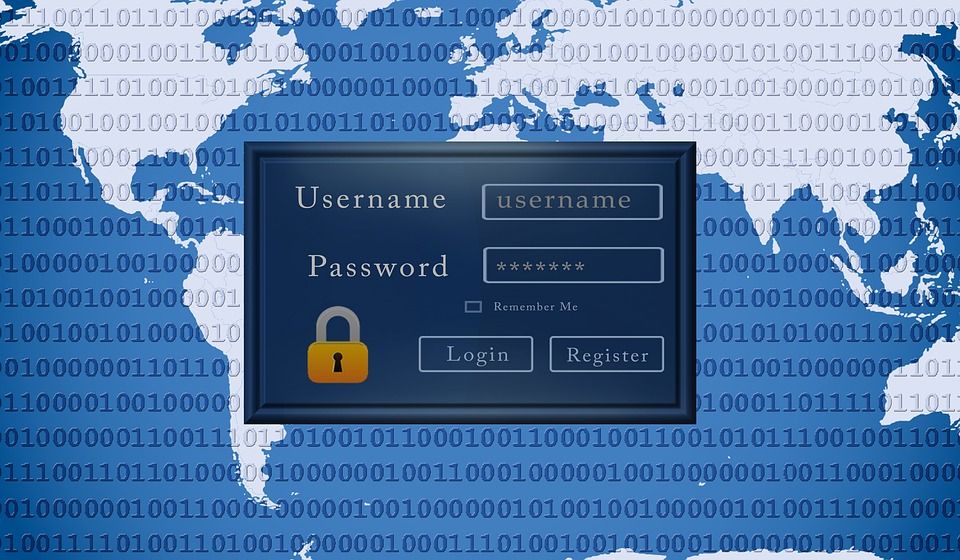YOUR BROWSER IS OUT-OF-DATE.
We have detected that you are using an outdated browser. Our service may not work properly for you. We recommend upgrading or switching to another browser.
Date: 10.06.2021 Category: general news, international cooperation, student activity
How to consciously use public networks? What does a secure password mean? How to provide better education on cybersecurity? These are the topics dealt with by the people working under the nationwide Cyber Lab initiative, including students from the Faculty of Fundamental Problems of Technology.

Cyber Lab is a project that engages students and graduates from various universities across Poland in disseminating knowledge about digital security and related subjects. Students of the Faculty of Fundamental Problems of Technology Rafał Sawicki, Mateusz Jachniak, Gabriel Tański, and Bartek Drzazga have become involved in the initiative in Lower Silesia. The coordinator of Cyber Lab at Wrocław University of Science and Technology is Wojciech Wodo, PhD from the Department of Computer Science at W11.
– The idea came into being during the CyberSecurity Challenge PL2020 tournament, organised by The Bridge foundation under the patronage of the Ministry of Digitalisation. Its participants agreed that interdisciplinary education about cybersecurity and the challenges of digital transformation is now essential, says Rafał Sawicki, the ambassador of the project at WUST. He adds that basic cybersecurity skills should be as commonplace today as smartphone or computer literacy.
Students are active in regional teams, where they look at digital security issues from legal, business, medical, military, and of course, IT perspectives.
 In October 2020, they created a report entitled "A New Opening in Cyber Security Education", in which they analysed curricula in terms of inclusion of cybersecurity issues at technical universities and faculties of law, economics, business, and medicine.
In October 2020, they created a report entitled "A New Opening in Cyber Security Education", in which they analysed curricula in terms of inclusion of cybersecurity issues at technical universities and faculties of law, economics, business, and medicine.
- We’re committed to continually improving the quality of education in this subject. Our understanding is that an exemplary and most effective approach would be to develop people's ability to think "like a cybercriminal" so that we are always one step ahead and follow a proactive pattern, trying to anticipate threats – explains Rafal Sawicki, citing the story of Frank Abagnale, one of the most famous money counterfeiters, who after receiving his sentence worked with the FBI as an advisor on cheque fraud.
In the recommendations arising from the report, the students also highlight the issue of password security. The multitude of user accounts accessed with passwords often means security vulnerability. – This is why it’s so important to use and store the right passwords with password managers as well as using two-factor authentication – stress the authors of the report.
They believe that, starting with school education, we should strive to make young people aware of what sensitive data is and how it should be protected. The public should be aware of the use of personal and sensitive data in places that don’t inspire complete trust, i.e. untrusted web portals, forms, as well as public and open Wi-Fi networks.

– This issue is also relevant to current and future data controllers as well as software developers and IT system maintenance specialists. More stringent requirements should be introduced concerning database architecture as well as the processing and secure storage of only the necessary sensitive data – explains Rafał Sawicki from FFPT.
Our site uses cookies. By continuing to browse the site you agree to our use of cookies in accordance with current browser settings. You can change at any time.